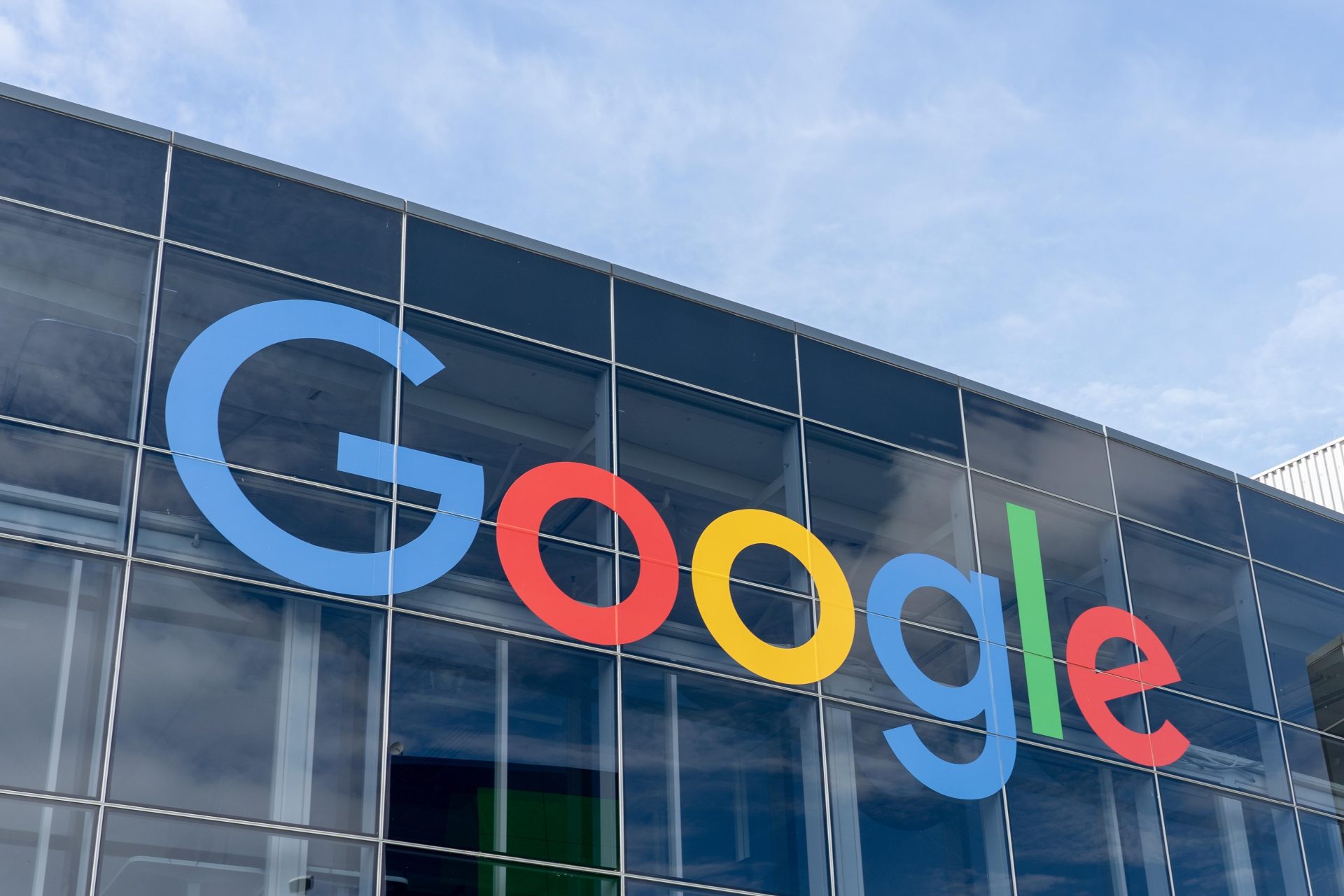On Tuesday, the E. Barrett Prettyman Courthouse and the William B. Bryant Annex at the United States District Court for the District of Columbia will bear witness to a historic showdown between the U.S. government and tech behemoth Google. The trial, officially titled United States v. Google LLC and State of Colorado v. Google LLC, kicks off at 9.30 a.m. in courtroom 10, and its central question looms large: Is Google’s dominance in the search engine business unlawful?

The roots of this case trace back to 2020 when the Justice Department lodged a complaint asserting that Google, once a scrappy startup pioneering a novel approach to internet search, had metamorphosed into something far more formidable. The government’s complaint boldly proclaims, “Google of today is a monopoly gatekeeper for the internet,” alleging that Google has employed anticompetitive tactics to preserve and expand its monopolies in general search services, search advertising, and general search text advertising—the pillars of its empire.
The crux of the government’s argument hinges on Google’s strategic partnerships. It contends that Google pays substantial sums to secure default search engine status on popular devices and platforms like Apple, LG, Motorola, and Samsung, along with U.S. wireless carriers such as AT&T, T-Mobile, and Verizon. In many cases, these deals allegedly include provisions that discourage Google’s counterparts from collaborating with its competitors.
Google, however, vehemently rebuts this characterization. The tech giant asserts that its arrangements with companies like Apple do not preclude competitors from developing their search engines or featuring them on devices. According to Google, these partners voluntarily choose Google as the default search engine due to its superior quality, and alternative search engines are not excluded in any legal sense.
One of the trial’s intriguing aspects is the potential testimony of top tech executives, including Google’s CEO, Sundar Pichai. Their appearance in court could shed light on Google’s business practices and the intricacies of its partnerships.
Comparisons to the government’s 1990s battle with Microsoft over Internet Explorer dominance abound. In that case, Microsoft ultimately settled, agreeing to include non-Microsoft software in its computers. Ironically, Kent Walker, one of the lawyers who argued against Microsoft, now spearheads Google’s legal team.
At stake for Google is the possibility of being compelled to alter how it disseminates its search products, potentially leading to business separation. The trial will likely span three months, with a verdict expected next year. However, considering the prospect of appeals, the final resolution may linger in uncertainty for years.
In conclusion, the United States v. Google LLC trial is pivotal in the ongoing debate over Big Tech’s power. The courtroom battle is not just about one company’s future but also about the regulatory landscape that could shape the digital realm for years to come.


















